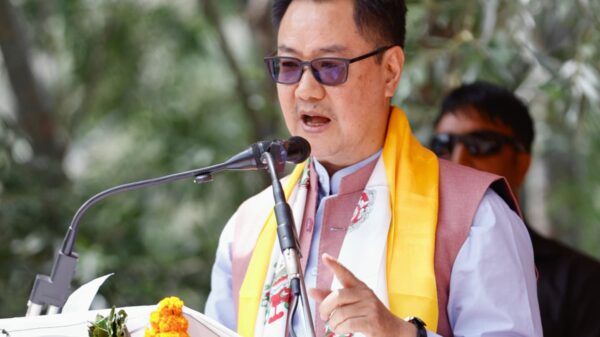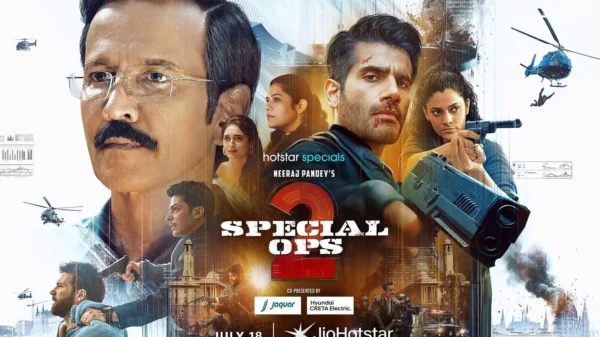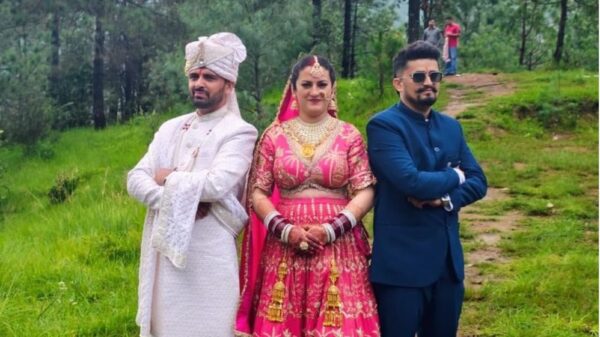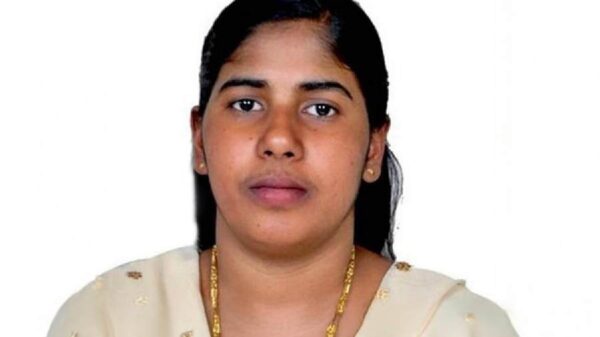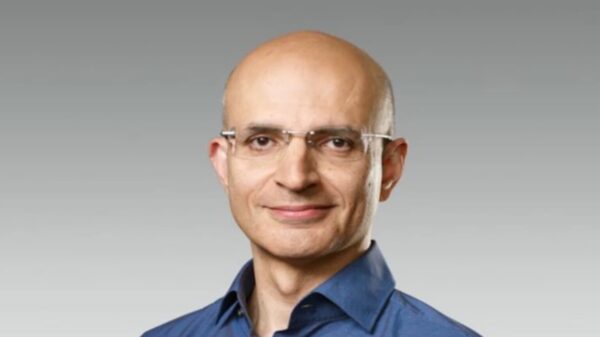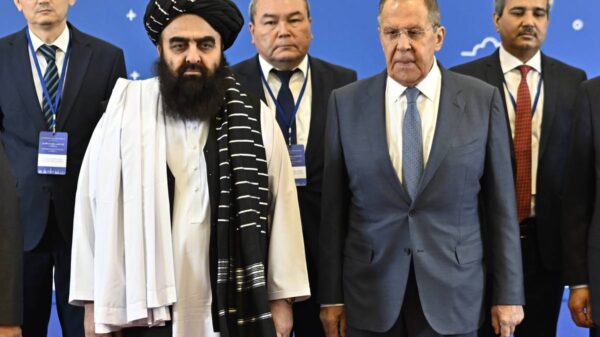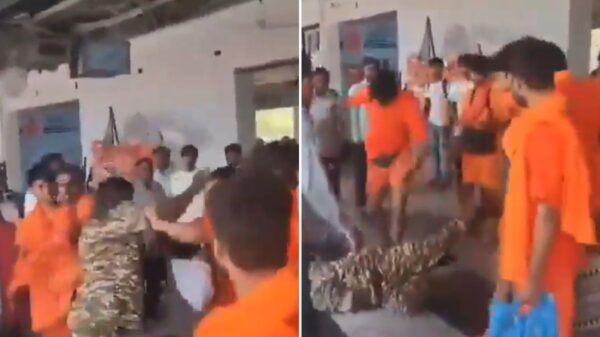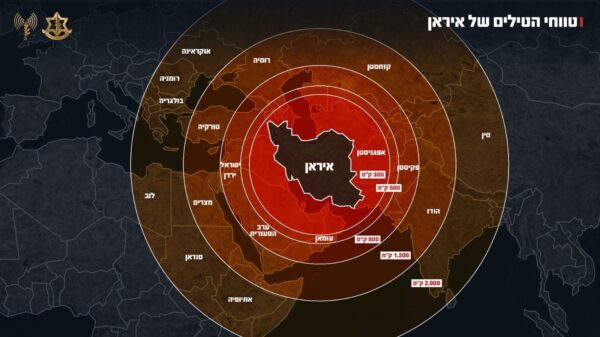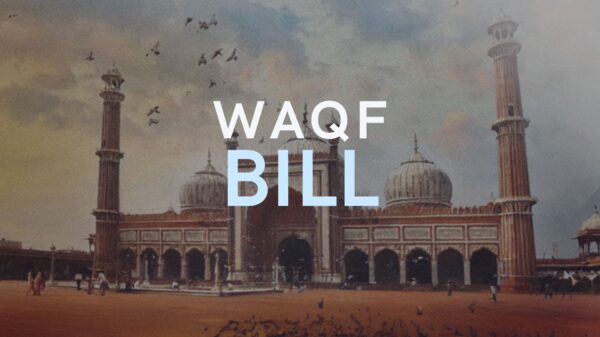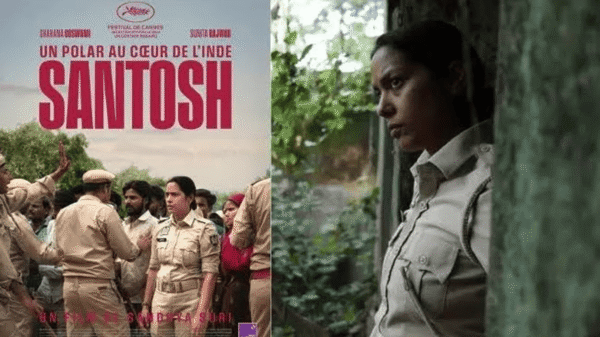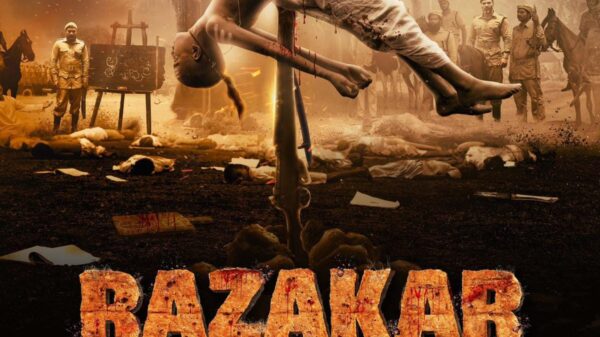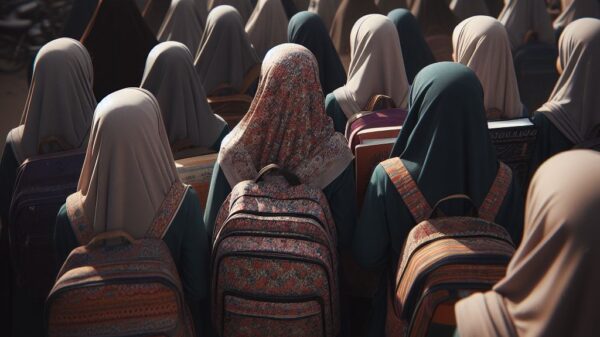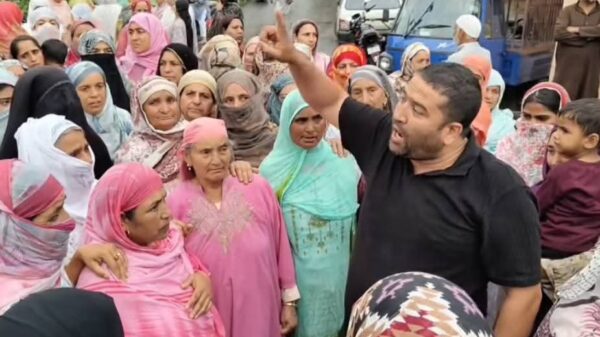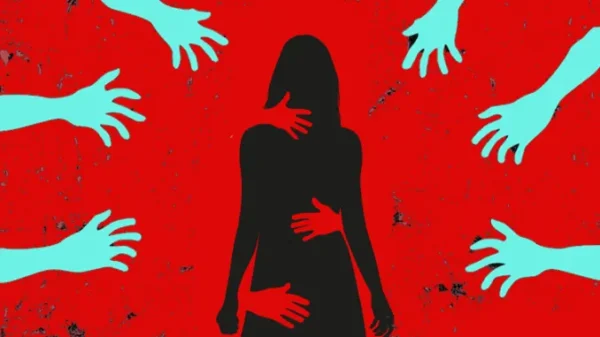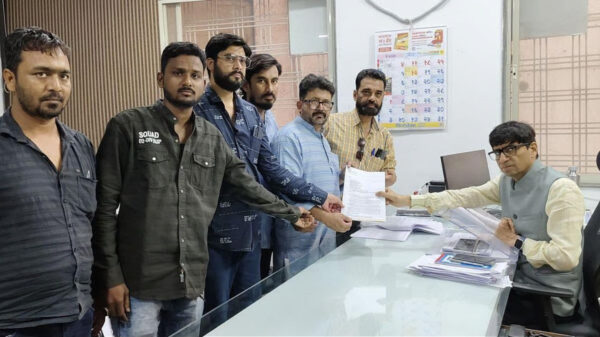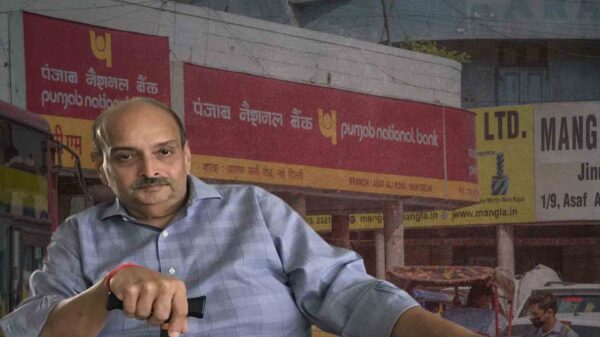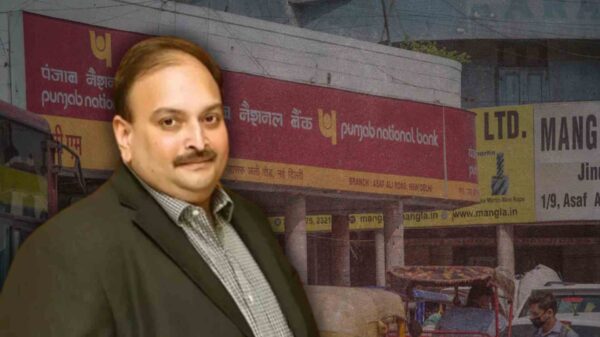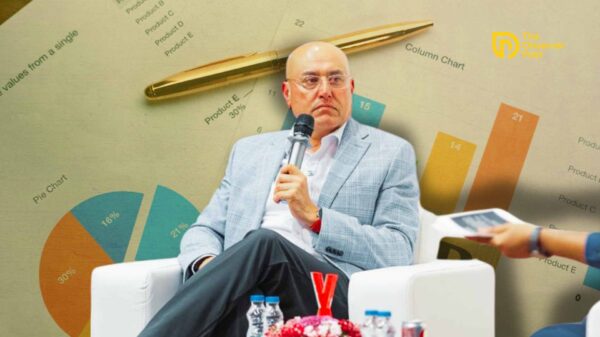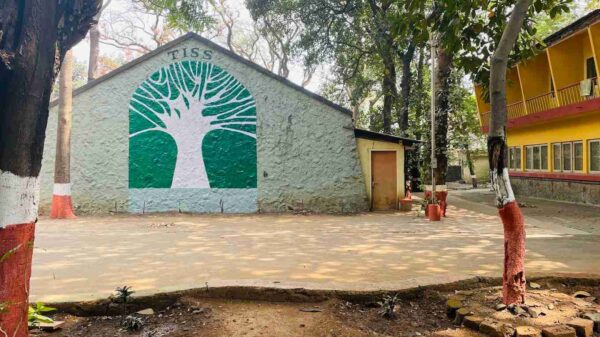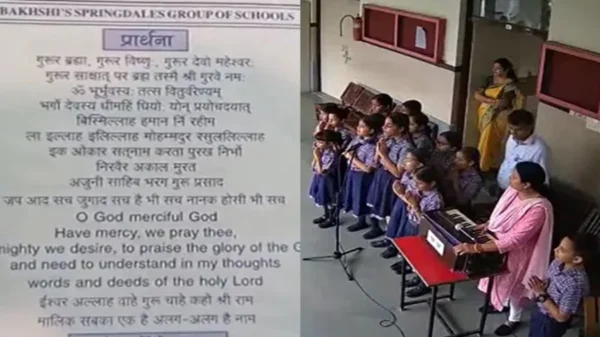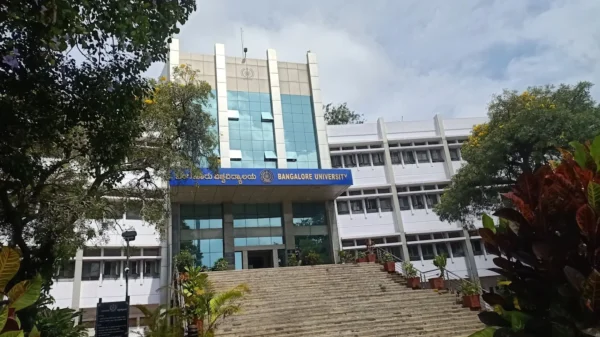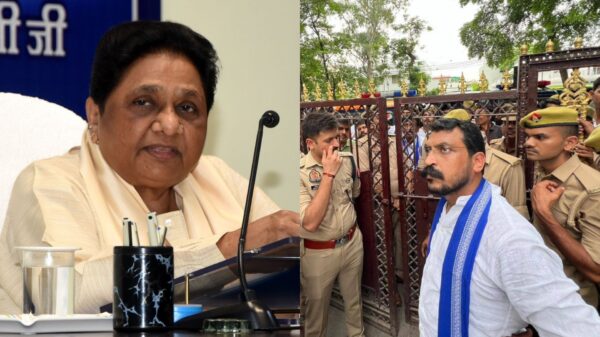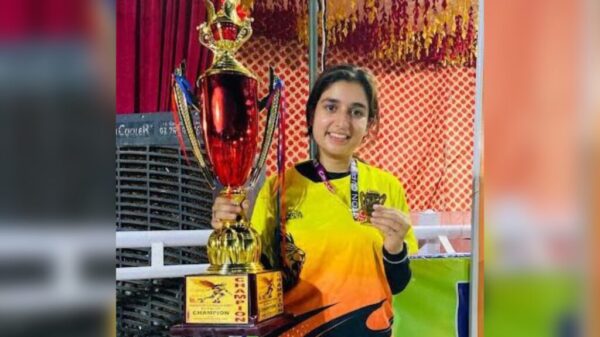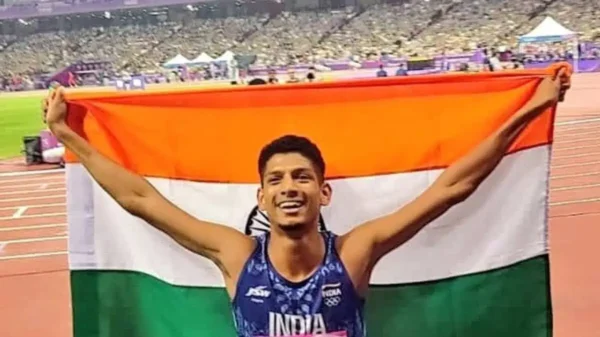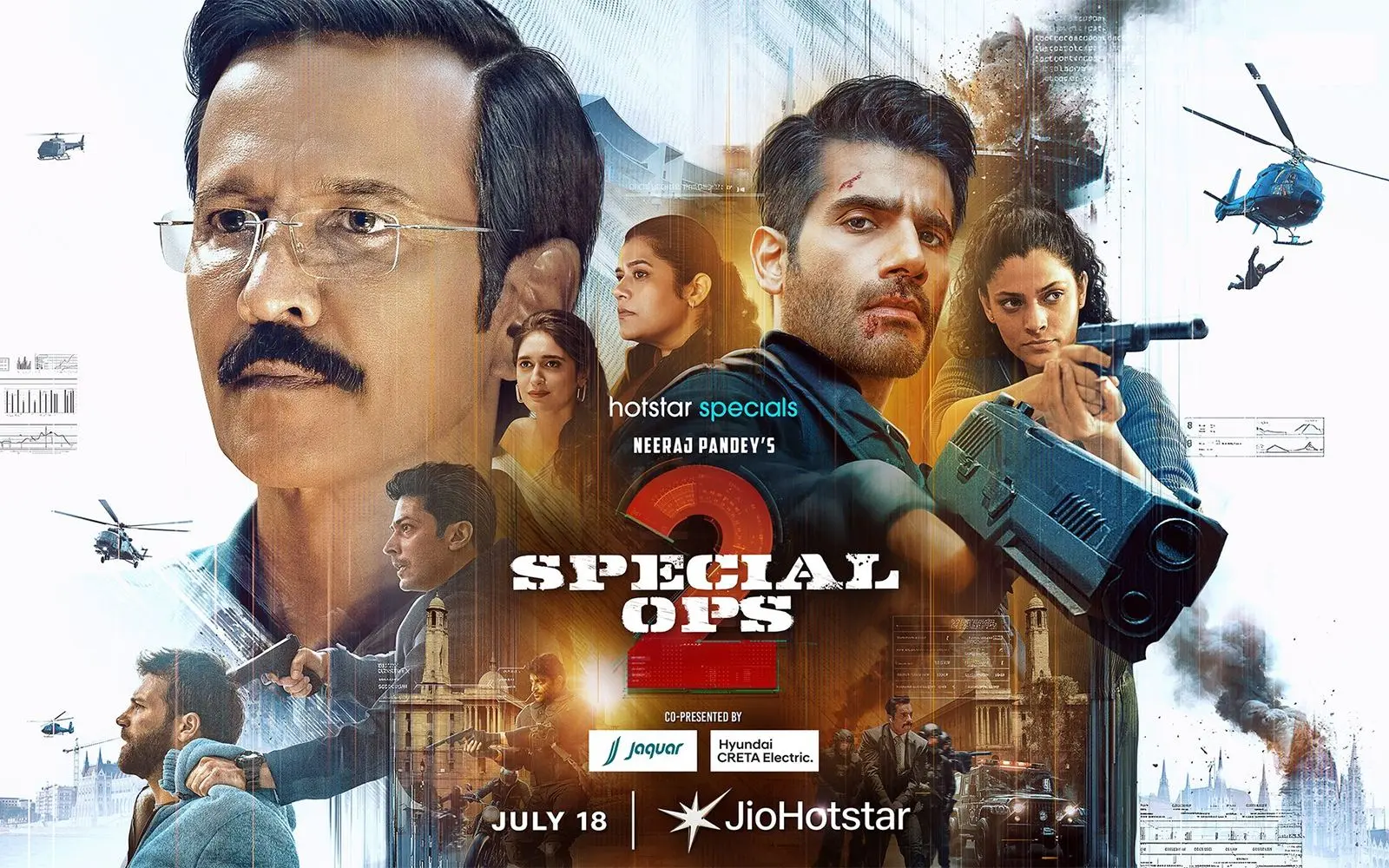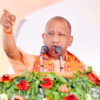MD ALI
The highly anticipated espionage thriller Special Ops Season 2 has finally premiered on JioHotstar, with all episodes released on July 18—a week later than initially scheduled. Featuring Kay Kay Menon and Prakash Raj, along with the returning ensemble cast, the series has quickly climbed the trending charts, reigniting excitement among fans.
This season is less likely to be based on jingoism and more focused on rationality and possibilities. Special Ops Season 2 introspects the local alongside its usual global threats. Nevertheless, symbolic references to the enigmatic golden era of ancient India set the tone for the trending “Vishwa Guru” narrative. The opening monologue echoes the rhetoric of Sudhanshu Trivedi, often seen on Indian mainstream news channels claiming that India discovered everything before anyone else. The series centers around the emerging age of technologies that are transforming the nature of warfare. Artificial Intelligence (AI) appears here both as a facilitator and a potential monster of the future. Dr. Bhargav (Arif Zakaria), an Indian-origin American and one of the brightest minds in AI and computer technology, proudly emphasizes the originality of ancient Indian technology and prefers to identify himself as coming from Bharat rather than India. The chase begins when he is kidnapped for his brilliance, sought after by two conflicting global powers—China and the United States.
This series shifts focus from the usual India-Pakistan rivalry and introduces Sudheer (played by Tahir Raj Bhasin), an Indian-born, non-Muslim villain who sees himself as a global citizen. Unlike the idea that villains are shaped by circumstances, Sudheer is naturally cunning from childhood and excels in his studies. His intelligence and hunger for power and money have brought him to a level where he influences India’s fate. He is portrayed as a calm, sophisticated maniac skilled in combat, with an unusual hobby of collecting people rather than artifacts.
The protagonist Himmat Singh (played by K.K. Menon) returns as a reliable problem-solver with global influence, this time negotiating directly with a Pakistani bureaucrat during a crisis. His vast transnational intelligence network and high-performing agents elevate him above any fictional spy like James Bond. However, the portrayal leans into an overbearing tone of Indian supremacy over other nations, creating an illusion of invincibility that borders on delusion.
This nationalist flavor deepens when Himmat Singh blackmails the CIA by threatening to reveal the truth behind the death of an Indian photojournalist in Afghanistan—an allusion to Danish Siddiqui, a real-life Pulitzer Prize-winning journalist killed during the U.S. military withdrawal. The moment mirrors the viral rhetoric of Modi supporters claiming India’s global rise: “Aaj hum kehte hai tu kya hai be.” Real incidents and characters are interwoven to amplify the series’ political undertones and assertive nationalism.
The series, directed by Shivam Nair and Neeraj Pandey, aims for greater diversity this time and includes several introspective moments. It features incidents that resonate with real-life cases. One such storyline draws from the financial scandals involving fugitives like Vijay Mallya, Nirav Modi, and Mehul Choksi—figures linked to the PMC Bank fraud. On September 23, 2019, the Reserve Bank of India imposed restrictions on Punjab & Maharashtra Co‑operative Bank (PMC Bank) after uncovering a ₹4,355 crore scam. The revelation triggered mass panic, with depositors rushing to bank branches, frustrated by the withdrawal limit of just ₹1,000. In the aftermath, a depositor of the scam-hit PMC Bank allegedly died by suicide, while another suffered a fatal heart attack shortly after participating in a protest by customers demanding access to their money.
The series subtly echoes this reality through the character of Subramaniam, portrayed by Prakash Raj. Introduced as Himmat Singh’s mentor, Subramaniam embodies the quiet anguish of an ordinary citizen crushed under the weight of corruption—corruption that cannot occur without the complicity of our chosen leaders. Through Subramaniam’s personal tragedy, the series makes us feel the pain of losing his wife, unable to afford her medical treatment. Despite having a lifetime of savings, he is allowed to withdraw no more than ₹1,000 due to RBI-imposed restrictions, caused by a Gujarati businessman’s fraud and subsequent easy escape from the same bank. Subramaniam’s story becomes a haunting reflection of how systemic failure and political collusion devastate the lives of common citizens.
In the series, different meanings of patriotism clash through sharp dialogue and character choices. Sudheer, the antagonist, confronts Dr. Bhargav—who refuses to act against India—by pointing to his decision to leave Indian citizenship for an American one. He tells him bluntly: “Logo se desh banta hai, desh se log nahi” (A nation is made by its people; people are not made by the nation).
This theme of questioning blind nationalism deepens with the cameo of Raj—a character modeled after a real-life government critic—who delivers a powerful reminder: “Hum sawal karna bhool gaye hain” (We have forgotten to question). His brief appearance serves as a didactic moment, highlighting the inner conflict of citizens who were once part of the very system they now critique. Raj’s character attempts to awaken both the audience and the protagonist to the cost of silence.
This idea is later mirrored in a tense scene where Himmat Singh uncovers that a powerful financial fugitive was granted clearance to escape by someone at the highest level. When his associate Sahil insists, “We work for the country, sir,” Himmat, disillusioned and angry, snaps back: “No, we work for scoundrels.”
KK Menon once again delivers a strong performance in this season. The show adds thoughtful, critical moments that highlight how diplomatic pressures often put a nation’s interests above humanity. While the action scenes feel ordinary and the villain’s early death is disappointing, overall, I rate this series 3.5 out of 5 stars. I found the first season and Special Ops 1.5 more engaging and surprising than this one.







